Reminder: Trump promised to end DACA “on day one…”
Center for Immigration Studies
More than nine years after it was decreed, federal district judge Andrew Hanen has ruled on the merits that President Obama’s executive amnesty program known as Deferred Action for Childhood Arrivals, or DACA, is illegal.
On June 15, 2012, then-Department of Homeland Security (DHS) Secretary Janet Napolitano established DACA through a brief memorandum titled, “Exercising Prosecutorial Discretion with Respect to Individuals Who Came to the United States as Children”. In just three pages, the Napolitano memo unilaterally implemented the general framework of the DREAM Act, amnesty legislation that Congress repeatedly rejected since 2001. Under the guise of prosecutorial discretion against immigration enforcement, DACA also awarded work permits and Social Security numbers to illegal aliens who claimed they entered the country before age 16 and met other criteria. At its peak, almost 800,000 illegal aliens benefited from DACA. According to U.S. Citizenship and Immigration Services data, there are currently approximately 616,030 illegal aliens who are active DACA recipients.
Emboldened after a few years of DACA operating on autopilot without legal challenge (though with plenty of outside commenters objecting), the Obama administration attempted to expand DACA and also create a new executive amnesty program for the illegal alien parents of U.S. citizen and lawful permanent resident children, known as DAPA. Judge Hanen drew that case and in February 2015 enjoined DAPA and the DACA expansion, finding that it violated the Administrative Procedure Act (APA). As Andrew Arthur previously explained, the Fifth Circuit affirmed Judge Hanen’s ruling in November 2015, which was then affirmed by an evenly divided Supreme Court in 2016. Subsequently, Judge Hanen drew the assignment for the legal challenge to DACA. On August 31, 2018, more than six years after DACA was implemented, Judge Hanen issued an order finding that that DACA likely violates the APA, but given the plaintiffs’ “unreasonable delay in seeking relief”, he declined to issue a preliminary injunction.
While this legal battle played out in south Texas, Donald Trump was elected president and vowed to terminate DACA on “Day One”. That did not happen, but on September 4, 2017, then-Attorney General Jeff Sessions sent then-Acting DHS Secretary Elaine Duke a letteradvising her to rescind DACA, explaining that DACA was “an unconstitutional exercise of authority by the Executive Branch”. The next day, Duke rescinded DACA but delayed the effective date until March 5, 2018, allowing illegal alien DACA recipients whose benefits would have expired before that date to apply for renewal for another month, until October 5, 2017.
That termination was challenged by illegal alien advocates and Andrew Arthur concisely explains the tortured history of the Trump administration’s attempt to end DACA. Eventually the U.S. Supreme Court ruled that the Duke memo itself failed the requirements of the APA and directed the Trump administration to try again.
Joe Biden’s electoral victory in November 2020 interrupted those efforts and on his Inauguration Day, Biden issued a presidential memorandum to the AG and DHS secretary “preserving and fortifying” DACA. For nearly six months of the Biden administration, DACA operated in the status quo—the illegal aliens who held its benefits kept them and could renew them.
Now Judge Hanen has finally ruled on the merits, finding that DACA was an “illegally implemented program” and that “the public interest of the nation is always served by the cessation of a program that was created in violation of law and whose existence violates the law.” Despite those strong words, Hanen neuters the impact of his decision, claiming that “[h]undreds of thousands of individual DACA recipients, along with their employers, states, and loved ones, have come to rely on the DACA program.” Based on this flawed reasoning, Hanen concludes:
Given those interests, it is not equitable for a government program that has engendered such a significant reliance to terminate suddenly. This consideration, along with the government’s assertion that it is ready and willing to try to remedy the legal defects of the DACA program indicates that equity will not be served by a complete and immediate cessation of DACA.
Establishing a “reliance interest” for an illegal program for illegal aliens takes the winds out of the sails of advocates for the rule of law. As a result, the current DACA population continues to keep their (illegal) benefits (although no new applications may be approved), making Hanen’s ruling yet another mostly symbolic victory.
With certain Republican senators already expressing a willingness to amnesty the DACA population, despite similarly concluding that the program is unlawful, it remains to be seen if the Democratic leadership will now entertain a narrower bill in light of Judge Hanen’s ruling.
Entire write up here.
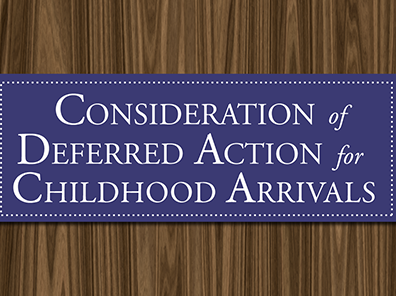



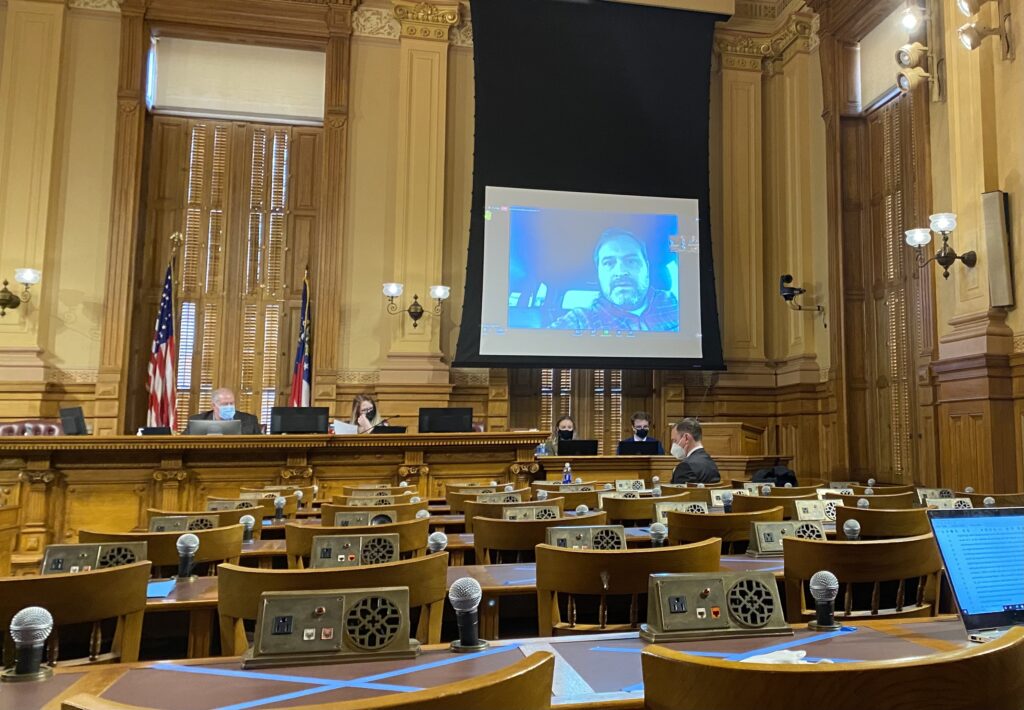




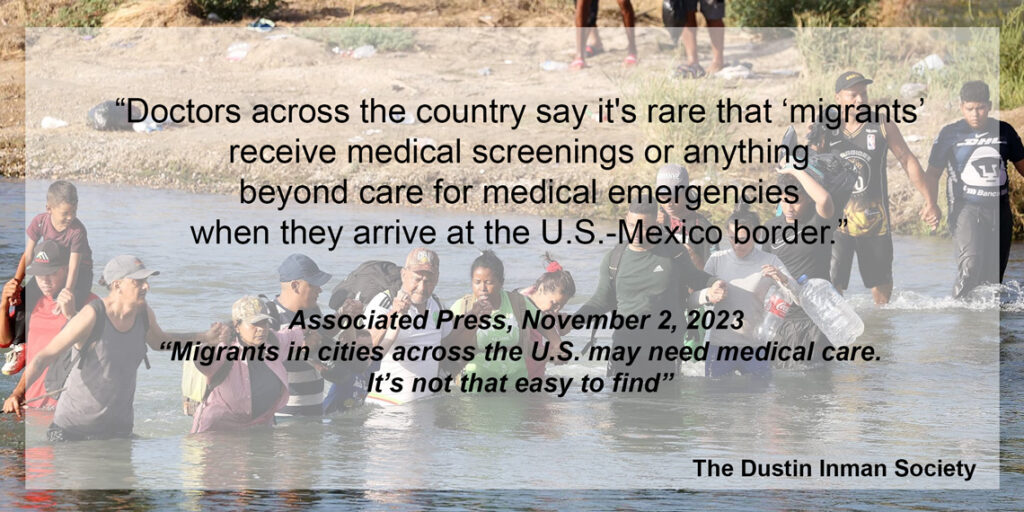

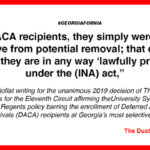















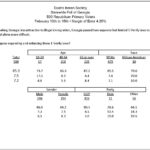

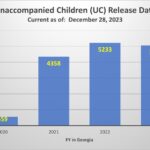
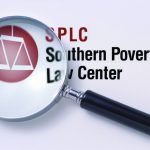

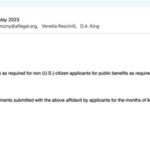
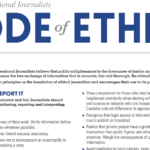
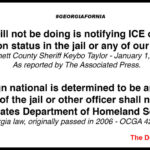




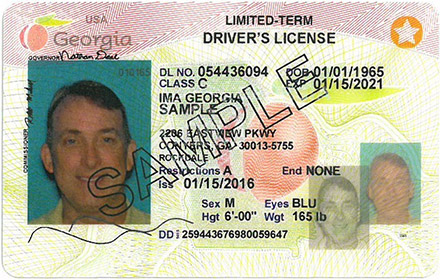




You must be logged in to post a comment.